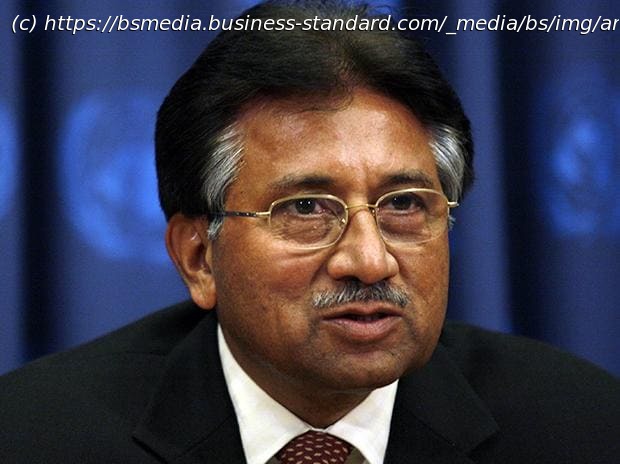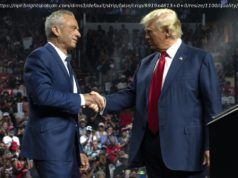Array
Pervez Musharraf (79), former General and President, and a Pakistani to the core of his being, died in exile in Dubai today. He earned himself a place in history, but had to pay a price that he would later confess to friends, he sometimes regretted.
Musharraf took over the reins of Pakistan via a coup in 1999, months after then Prime Minister Nawaz Sharif signed a peace accord with Atal Bihari Vajpayee in Lahore. The Kargil war had been fought and won by India and as Vajpayee visited the Minar-e-Pakistan, site of the Lahore resolution that signalled Partition, he wrote in the visitors’ book, “A strong, stable, and prosperous Pakistan is in India’s interest. Let no one in Pakistan be in doubt. India sincerely wishes Pakistan well.” Assuming Pakistan’s concurrence with these sentiments, he invited – at Deputy Prime Minister L K Advani’s insistence – Gen Musharraf for a meeting at Agra. That meeting, which could have changed the world, turned out to be a disaster. Musharraf, while telling Vajpayee he was for peaceful resolution of all issues including Kashmir, had been telling editors of newspapers over breakfast hours earlier that there was no difference between ‘jihadis’ in Kashmir and the Mukti Bahini in East Pakistan. Confronted with the transcript, Musharraf, whose strongest character trait was that he hated to be questioned, simply shrugged. That the Agra meeting happened at all was in itself a miracle. It could not have happened if there had not been a Vajpayee. And a Musharraf. Much later, Manmohan Singh would pick up the pieces and put in place a back-channel dialogue which survived the 2008 Mumbai attack but fell by the wayside in 2013 after the beheading of an Indian soldier.
Домой
United States
USA — mix Pervez Musharraf: The firebrand general who morphed into a non-starter neta






